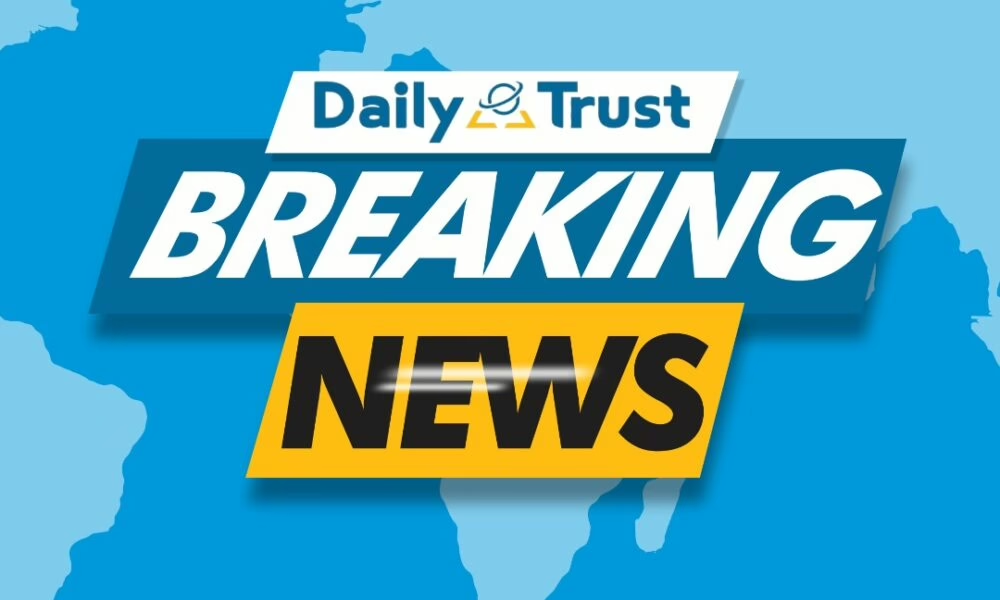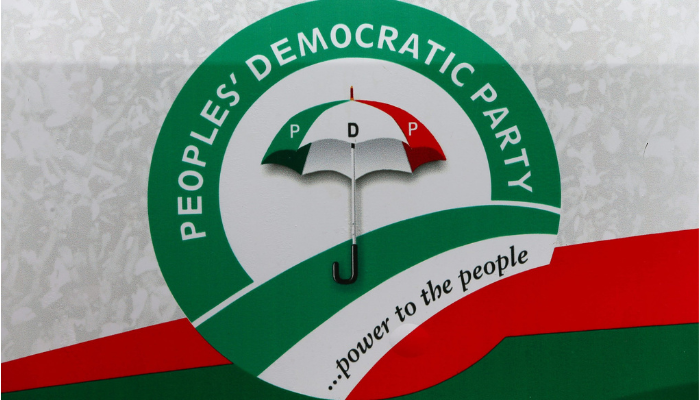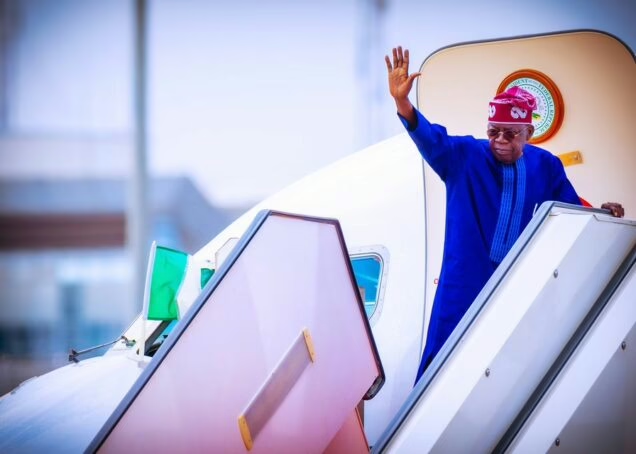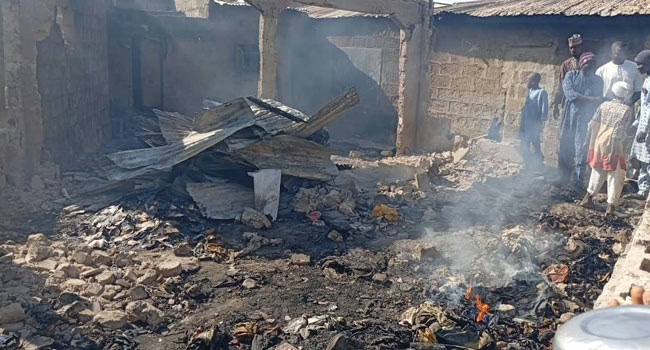President Joe Biden will hold urgent talks with Prime Minister Benjamin Netanyahu Monday after Israel defied repeated US warnings and told Palestinians to evacuate part of the southern Gaza city of Rafah ahead of an offensive.
The call comes as Biden mounts a diplomatic offensive to get ceasefire talks between Israel and Hamas back on track, with Jordan’s King Abdullah II due at the White House for lunch on Monday.
Biden told Netanyahu in April that invading Rafah would be a “mistake,” and Washington has said it does not support an offensive without a credible plan to aid some 1.2 million civilians sheltering there.
“We have made our views clear on a major ground invasion of Rafah to the Israeli government, and the president will speak with the prime minister today,” a spokesman for the White House National Security Council told AFP.
“We continue to believe that a hostage deal is the best way to preserve the lives of the hostages, and avoid an invasion of Rafah, where more than a million people are sheltering.
“Those talks are ongoing now.”
Israel’s military on Monday called for the evacuation of Palestinians from eastern Rafah in a move Washington believes is in response to a rocket strike by Hamas militants that killed four Israeli soldiers on Sunday.
The evacuation call followed intensified disagreement between Israel and Hamas over the Islamist group’s demands to end the seven-month war, during weekend talks in Cairo.
Consultations between the United States and Qatar, which like Egypt are mediating the talks, were expected on Monday in Doha, but state-linked media in Egypt said negotiations had stalled after the rocket strike.
‘Catastrophe’
Biden’s lunch with the Jordanian king, a key US ally in the Middle East, is sure to focus on the ceasefire talks. The meeting will be private with no media access but will be followed by a readout, the White House said.
King Abdullah II last visited the White House in February when he called for an immediate ceasefire and warned an attack on Rafah would cause a “humanitarian catastrophe.”
In April, Jordan worked alongside the United States and other allies to shoot down Iranian drones that Tehran sent towards Israel, with the kingdom keen to avoid a wider conflict.
Israel’s apparent determination to press ahead with a Rafah offensive underscores the difficulties Biden has had exerting the leverage afforded by being Israel’s main military and diplomatic backer.
In a sharp shift in early April after months of unstinting support, Biden warned Netanyahu that US policy on Gaza depended on the protection of civilians and aid workers.
The warning, which followed the killing of seven aid workers in an Israeli drone strike, was the first hint of possible conditions to Washington’s military support for Israel.
But since then the United States has declined to curb the multi-billlion-dollar assistance pipeline to Israel, saying that it has been allowing in more aid to Gaza.











